PHILLY HEALS
SUBSTANCE USE-RELATED GRIEF SUPPORT
Healing & Empowerment After Loss
In 2022 alone, Philadelphia lost more than 1,400 people to overdose. We offer a range of free support services for those who are grieving the loss of a Philadelphia resident due to substance use.
Philly HEALs (Healing and Empowerment After Loss) is a bereavement program that offers free support services specific to the complex and traumatic grief from a fatal overdose. These services include counseling, support groups and workshops, and do not require insurance or payment of any kind. All of our services are currently provided by phone or video call, though we do occasionally hold in-person events.
Need help? Philly HEALs offers a range of grief and bereavement support services, including adolescent groups, counseling, workgroups, and peer support groups. See our Materials Library for tips and recommendations for dealing with grief. For additional information about organizations providing support to Philadelphians, check out our lists of community resources for children and adults.
Please contact our program manager, Rachel Essy, with general questions at Rachel.Essy@phila.gov.
If you have thoughts of harming yourself or others and need immediate assistance, call 988, 911, or go to the nearest emergency room. Telephonic crisis support is available by texting “START” to 741-741 or calling 1-800-273-TALK (8255).
Please join us in remembering those we lost to substance use in the Philadelphia community and share your loved ones’ stories with others.
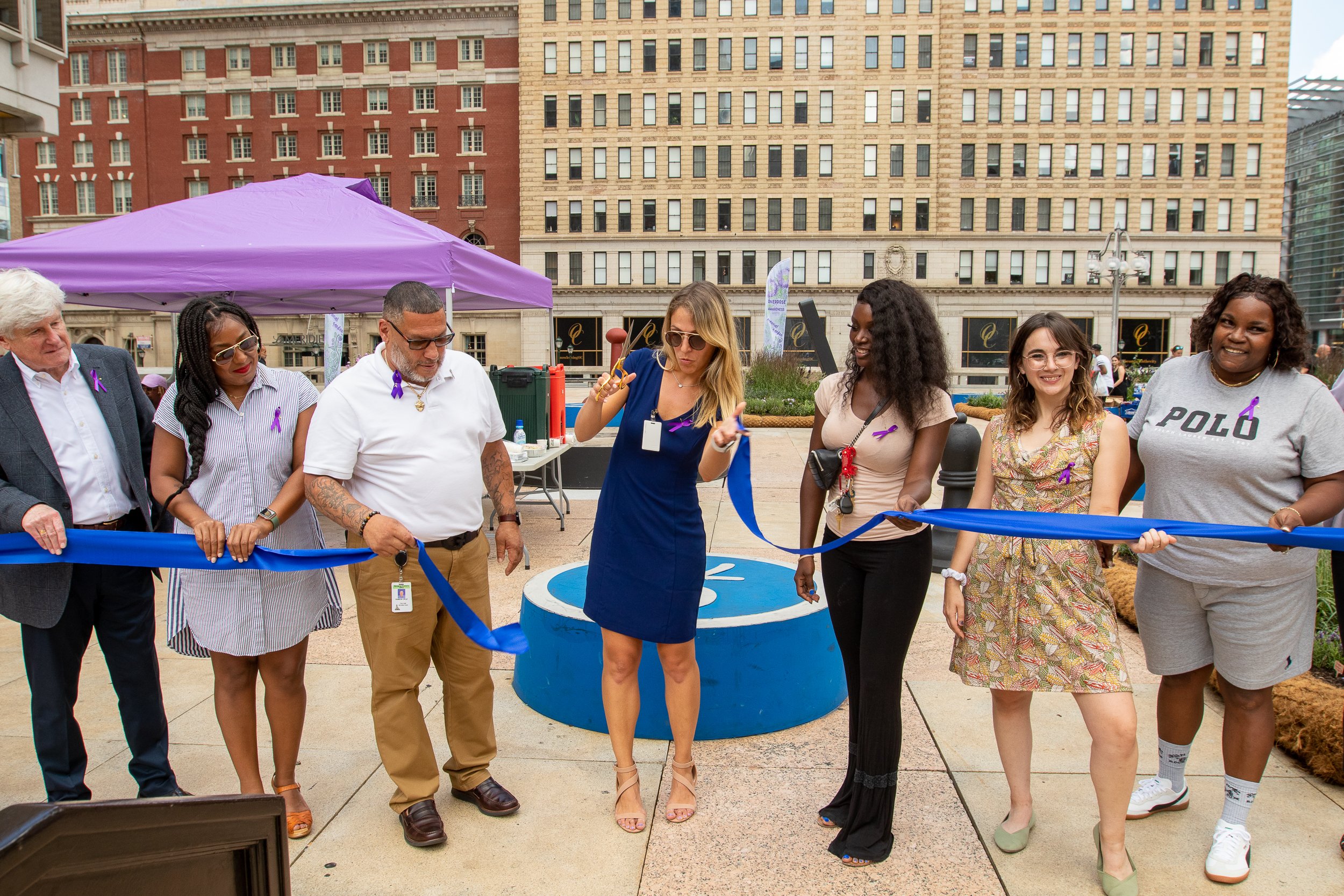


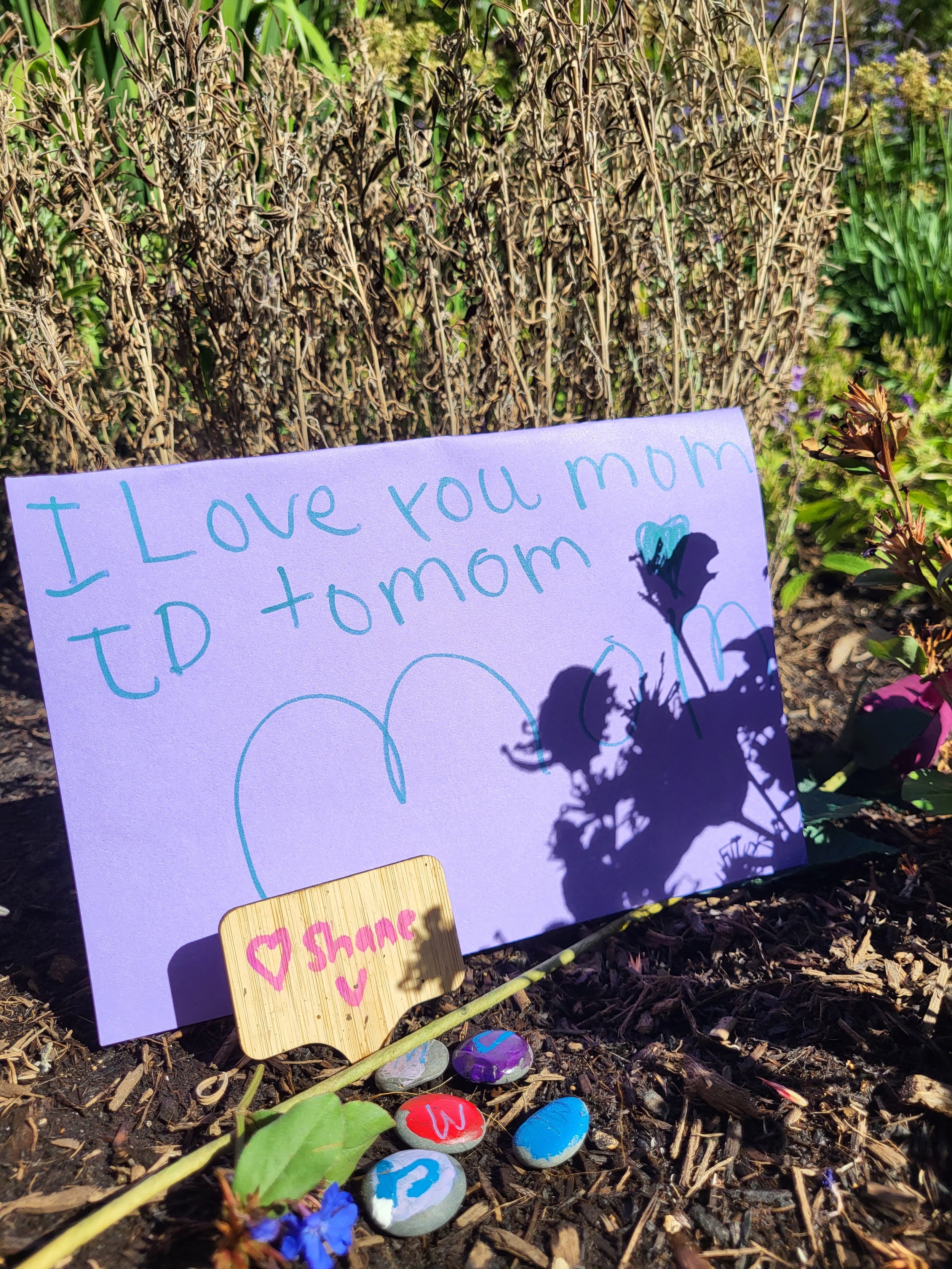
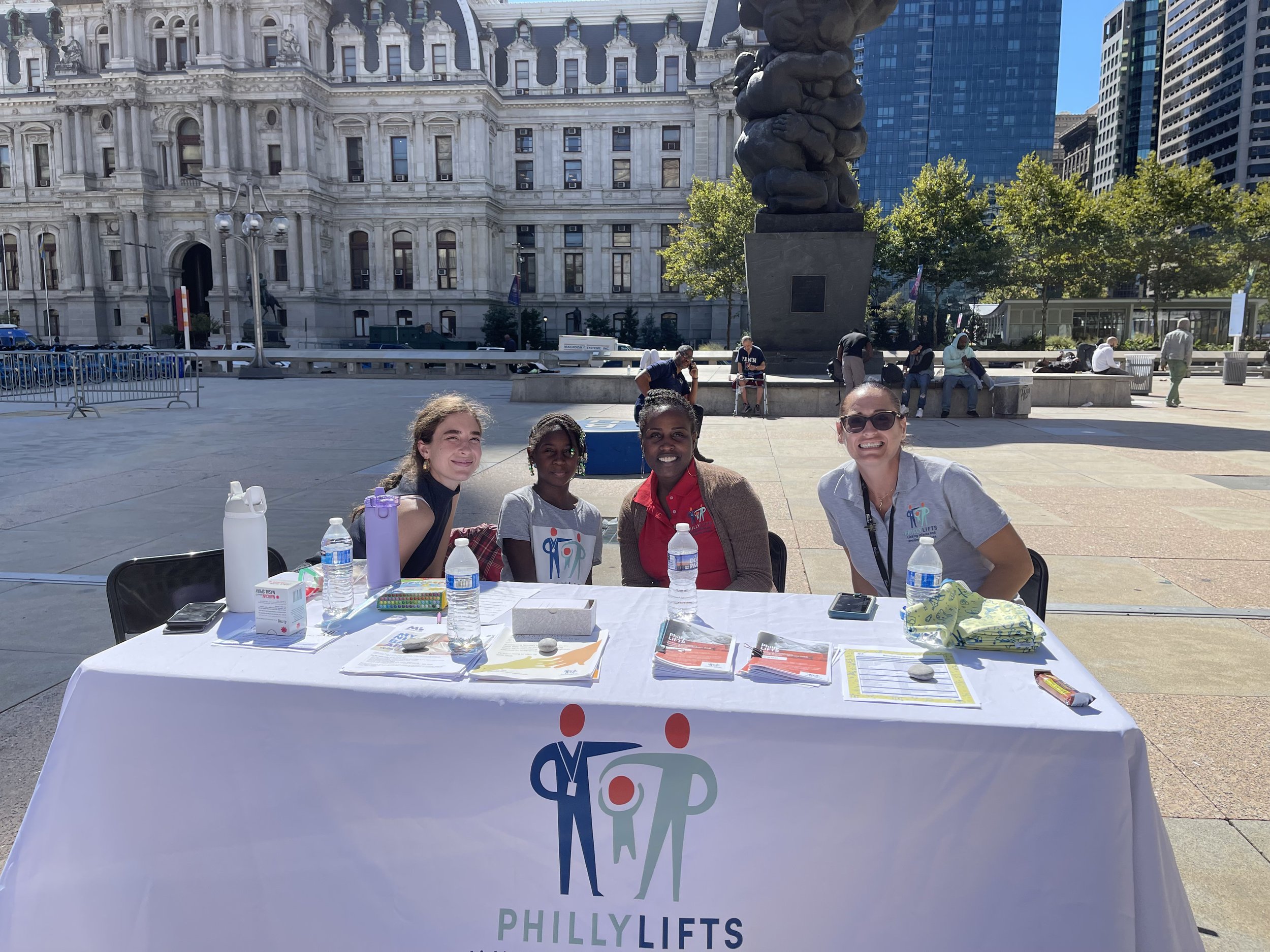
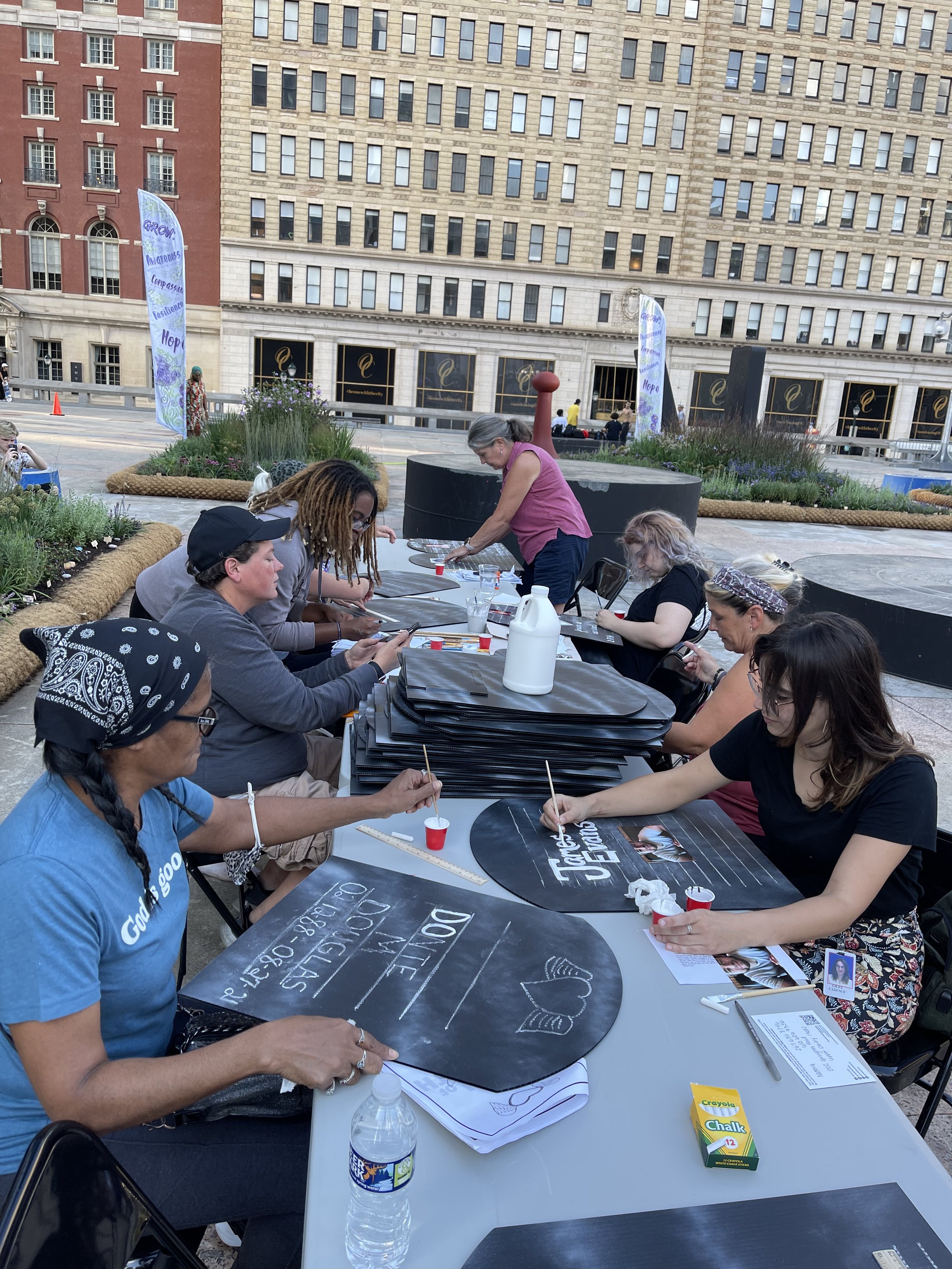
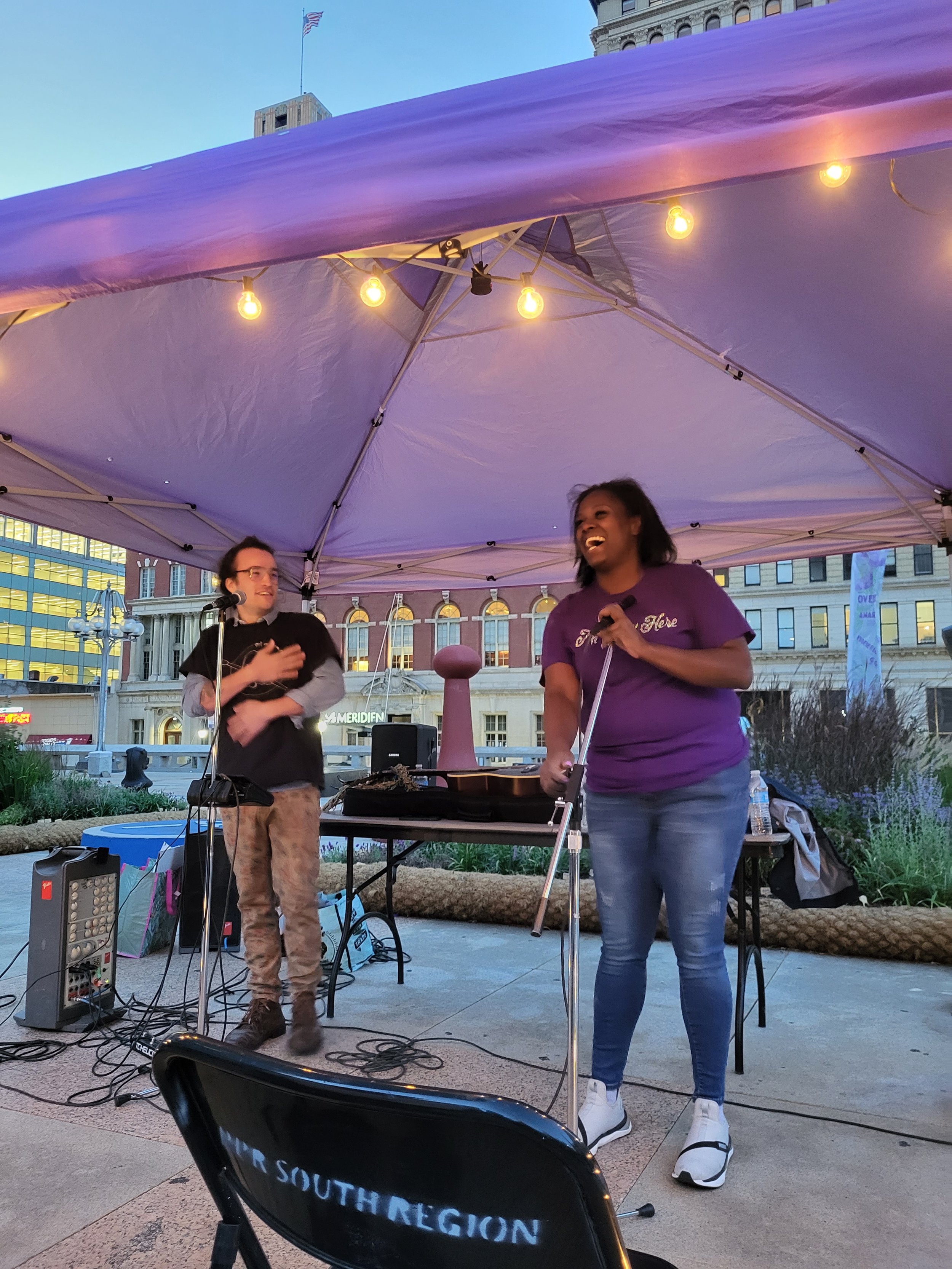
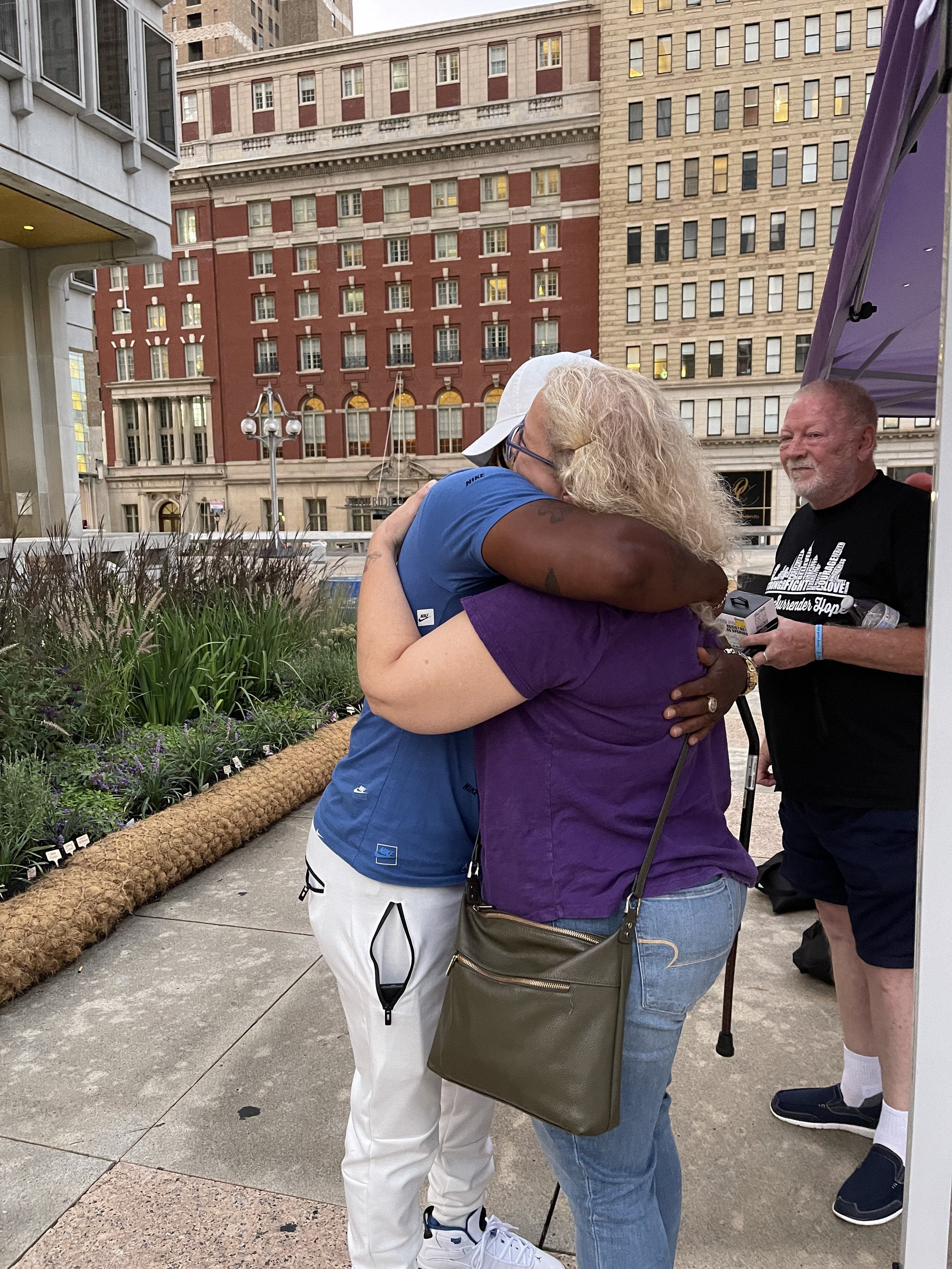
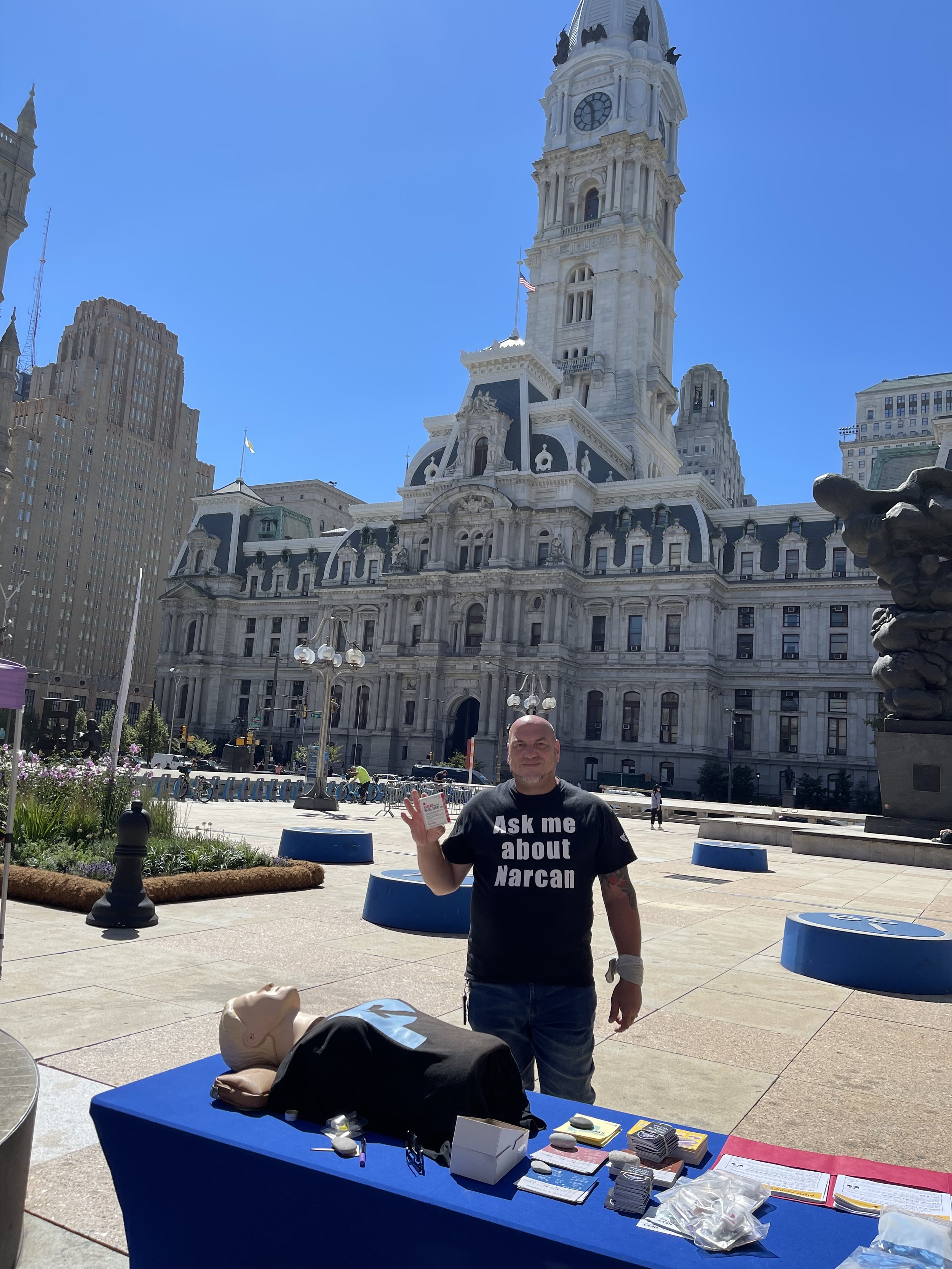

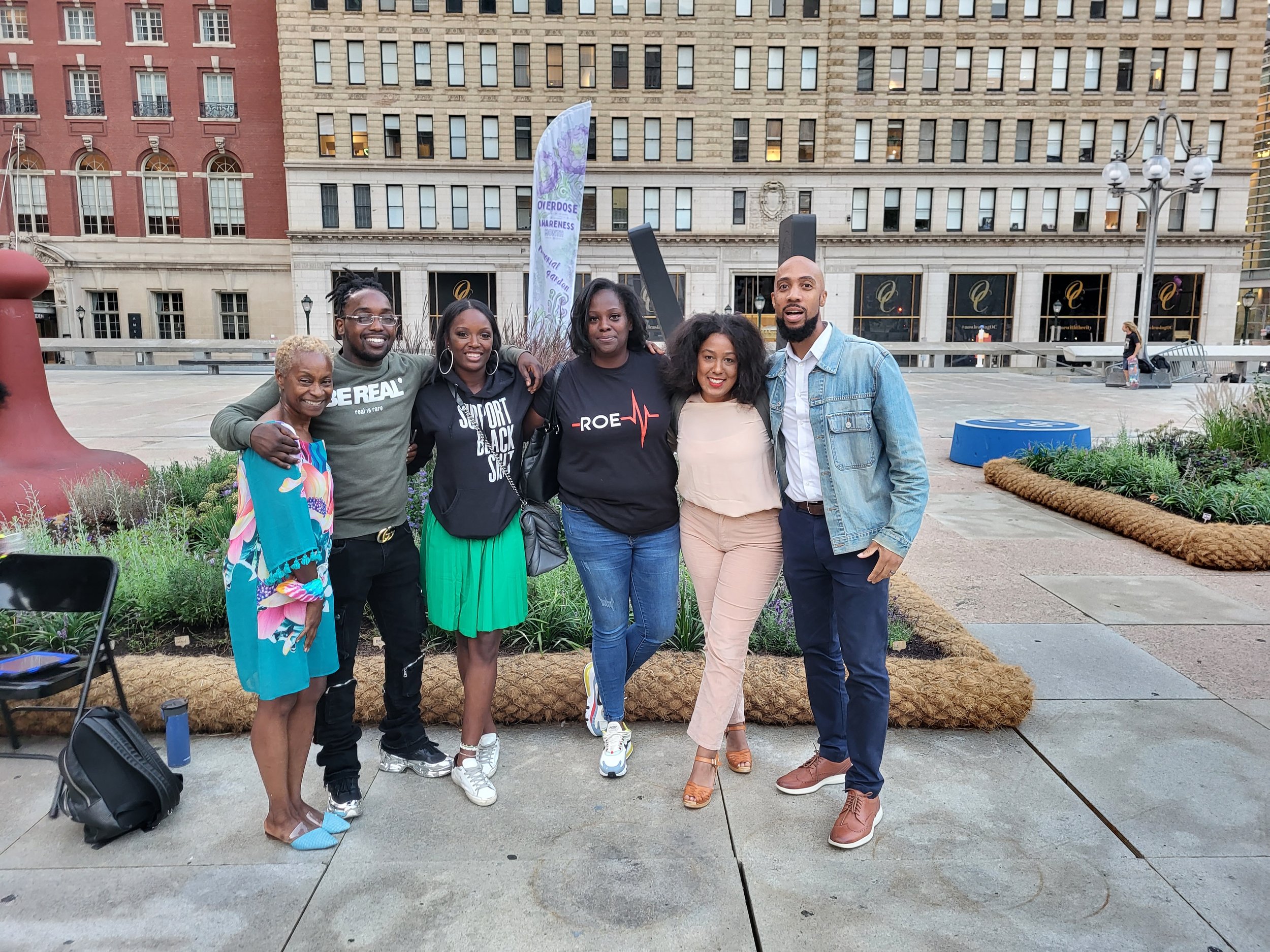
Meet our counselors
-
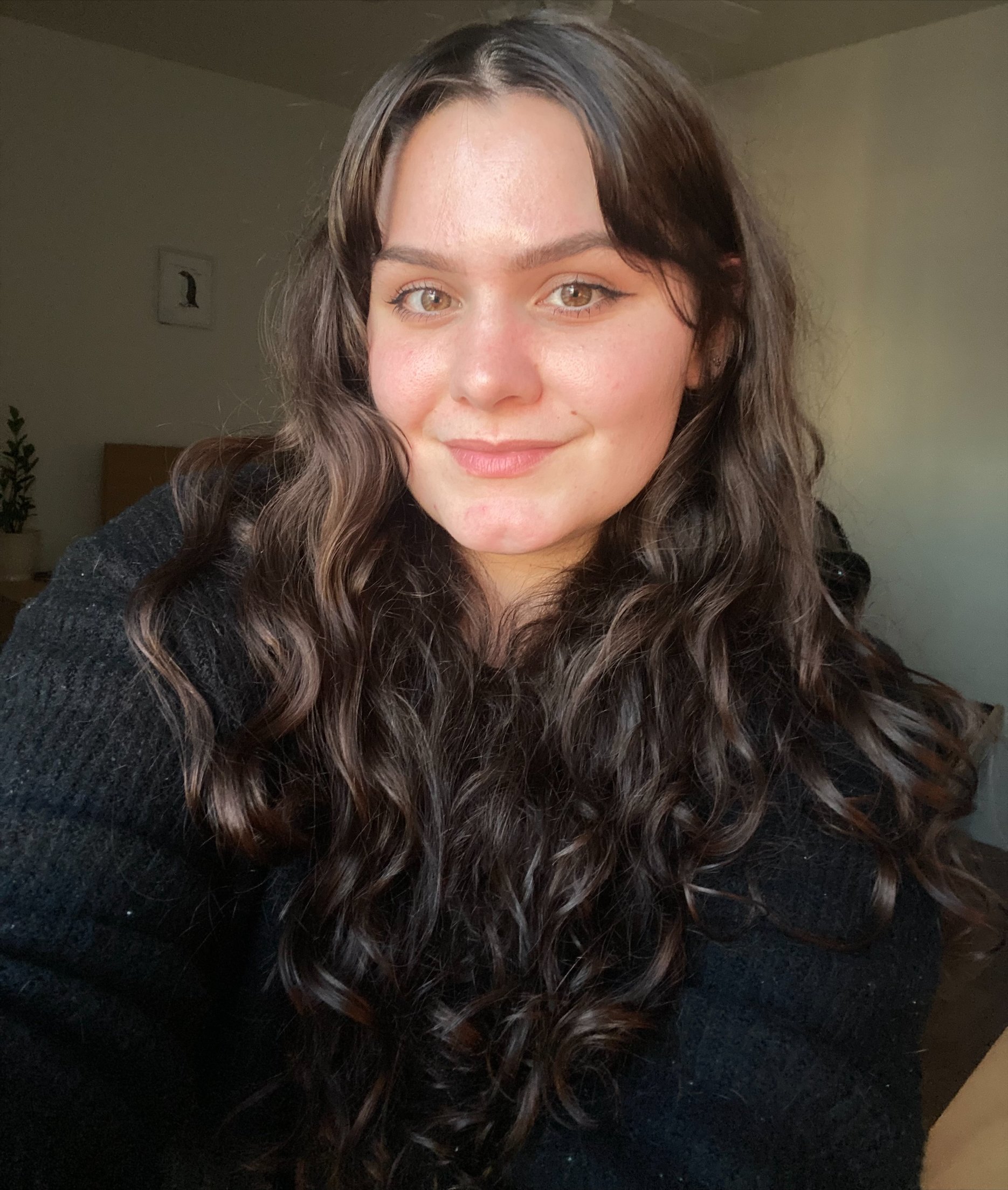
Rachel Essy, MFT
BEREAVEMENT CARE MANAGER
215-516-9429 | rachel.essy@phila.gov
Rachel (she/her) is a Marriage and Family Therapist and previously worked with people and families from all walks of life. As a Marriage and Family Therapist, Rachel has learned the importance of understanding how systems and relationships can affect a person's grief.
Rachel’s approach to therapy is one of warmth and empathy. Rachel understands that change and growth have its fair share of ups and downs and every client has their own journey. Rachel previously worked at Thomas Jefferson NARP, a methadone clinic in Philadelphia, where she got to know amazing people who influenced her approach to grief and loss. Through her work at NARP she gained an understanding of the complicated journey that is grief. Rachel believes that self-care and goal-setting are important parts of mental well-being, and she incorporates those into her practice.
-

Cadence Giles, MA, LPC Candidate
SENIOR BEREAVEMENT CARE PROVIDER
215-982-0959 | cadence.giles@phila.gov
Cadence is passionate about utilizing creative expression as part of the grief process. She holds a Master’s in Clinical Mental Health Counseling from Goddard College, where her studies focused on expressive arts therapy. She is an LPC candidate receiving supervision towards licensure. Prior to joining the Philly HEALs team, Cadence worked at JFK Behavioral Health as an outpatient therapist. Cadence believes that counseling relationships should always be collaborative, and that grief (and healing) are non-linear processes unique to each individual person. She works to tailor her therapeutic approach to match each person’s interests, needs, and belief systems.
In her role with Philly HEALs, Cadence provides individual grief counseling and support for her clients using relational, existential, and narrative practices. Additionally, Cadence runs Writing With Grief, a time-limited support group focused on using creative writing to explore and express grief, as well as to share stories about the people who have been lost to overdoses. Cadence believes that visual and narrative art practices are important tools for combatting the stigma associated with substance use and mental health. When she’s not working, Cadence enjoys spending time with her pets, getting out into nature, and playing video games.
-

Antonia Jiménez-Trail, MS, LSW
BEREAVEMENT CARE PROVIDER/ CONSEJERA DE DUELO
215-240-2745 | antonia.jimenez-trail@phila.gov
Antonia (she/ella) is coming from Penn Presbyterian Medical Center, where she worked to support patients and their various needs while in the hospital and facilitate a safe discharge back to the community or to an inpatient facility. After working and studying in Buenos Aires, Argentina for four years, where Antonia was researching gender violence, she worked at the Community College of Philadelphia in the Office of Collegiate Recovery where she worked with students in recovery from substance use disorder/contemplating to begin their recovery from substance use disorder. Antonia then worked in the prisons department of Philadelphia where she supported mental health needs of incarcerated individuals. Antonia received her master’s in social services at Bryn Mawr College. Antonia is a coffee and pet enthusiast and loves discussing social policy as well as traveling. On the Philly HEALs team, she will be using her skills as a bilingual therapist to provide bereavement outreach and counseling to the Latinx communities in Philadelphia.
Meet Our Intern
-

Joseph O’Donnell, MDiv
MSW INTERN
(484) 474-0709 | joseph.e.odonnell@phila.gov
Joseph (he/him) is passionate about supporting people as they grieve loss, primarily through closely listening to and honoring personal stories and experiences of surviving loved ones. He is most guided by a person-centered approach, seeing people as experts on their own lives and grieving journeys, while also believing in the power of community support and healing through group connection and working with clients to connect them with any additional supports they may need. He is most looking forward to learning more about approaches to grief counseling from his colleagues and the Philly HEALs community.
Joseph is a second year Master of Social Work (MSW) student at the University of Pennsylvania. Prior to pursuing clinical social work and counseling, he worked in various chaplain roles as a Master of Divinity (MDiv) student, providing spiritual care and support in both hospital and university settings, ranging from deaths of loved ones to emotional crises to adjustment challenges.
